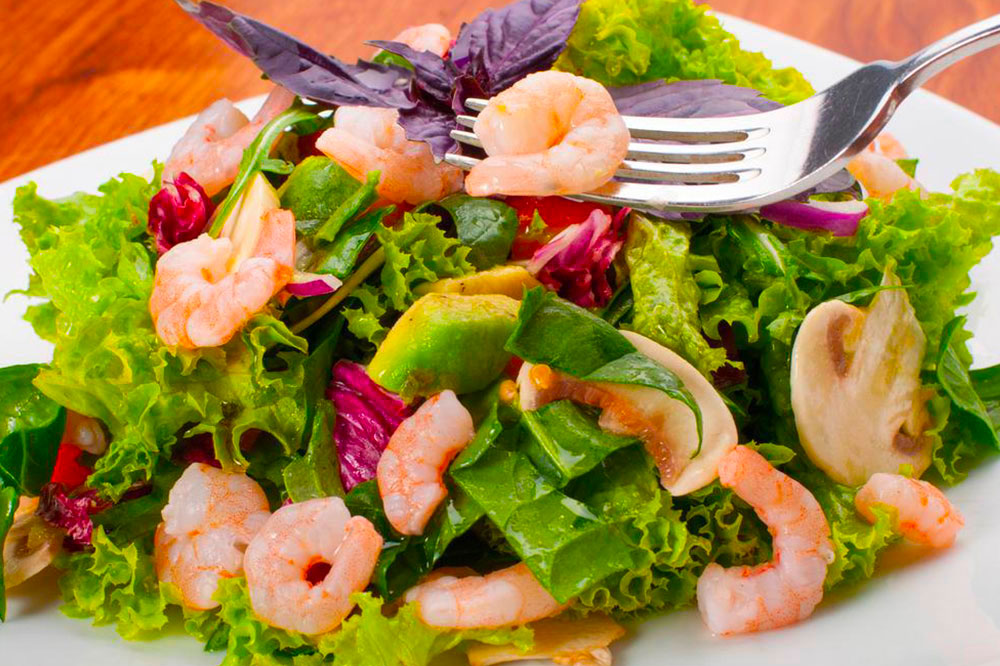7 foods for healthy hair

The food you eat can have a major impact on the health and appearance of your hair. More often than not, a majority of hair problems like hair loss, hair thinning, and itchy scalp stem from nutritional deficiencies. If you suffer from iron or vitamin deficiency, there are chances that you are highly susceptible to hair problems. Your diet plays a crucial role in hair treatment, and here we have compiled a list of food items to consume for healthy hair and to boost hair growth:
- Fatty fish
Fish and other seafood are enriched with Omega-3 fatty acids and a host of other nutrients that help control hair fall and aid hair growth. Increasing the consumption of fatty fish like salmon and mackerel is a great way to boost hair growth. Along with that, it helps combat a myriad of conditions like a dry and flaky scalp. - Berries
Berries like strawberries and blueberries are rich in antioxidants that safeguard your hair from free radicals, which damage it and hamper healthy growth. The high content of vitamin C in berries aids hair treatment by boosting the collagen production in hair and promotes hair health. It keeps premature aging signs like greying and thinning of hair at bay. You should consume these delicious fruits regularly to promote hair health and growth. - Flaxseed oil
Flaxseed oil contains vitamin E and Omega-3 fatty acids, the essential substances for hair care. By making flaxseed oil a part of your diet, you can naturally combat problems like hair breakage and thinning, and dry and itchy scalp. Add this nutrient-rich oil to your recipe to get healthy and shiny hair. - Spinach
The unmatched nutritional value of spinach makes it one of the best foods for ensuring healthy hair and to promote hair growth. It contains iron, vitamins, and folate and facilitates hair growth, along with improving the overall appearance of your hair. It strengthens your tresses from the roots and prevents breakage. Including spinach in your diet will facilitate hair treatment and help you get naturally healthy hair. - Walnuts
The presence of biotin and Omega-3 fatty acids makes walnuts an essential food item for promoting hair growth and for improving its texture. The inclusion of walnuts in your diet is essential for hair treatment as it can help restore shine in lackluster hair and improve the elasticity of your hair. It helps prevent hair loss and aids in hair growth. - Almonds
Almonds are packed with magnesium that can improve the health of your hair follicles. Also, their high vitamin E levels help improve the health of the scalp, making it less prone to infections and dandruff. You should consume a few almonds every day for healthy hair. - Eggs
Loaded with protein, eggs are one of the best foods to include in your diet to improve hair health. An egg is not only nutritious but also a good for hair treatment as the high protein content helps improve hair elasticity, prevents hair loss, and boosts shine and volume. It also contains biotin, which promotes the growth of new hair.



